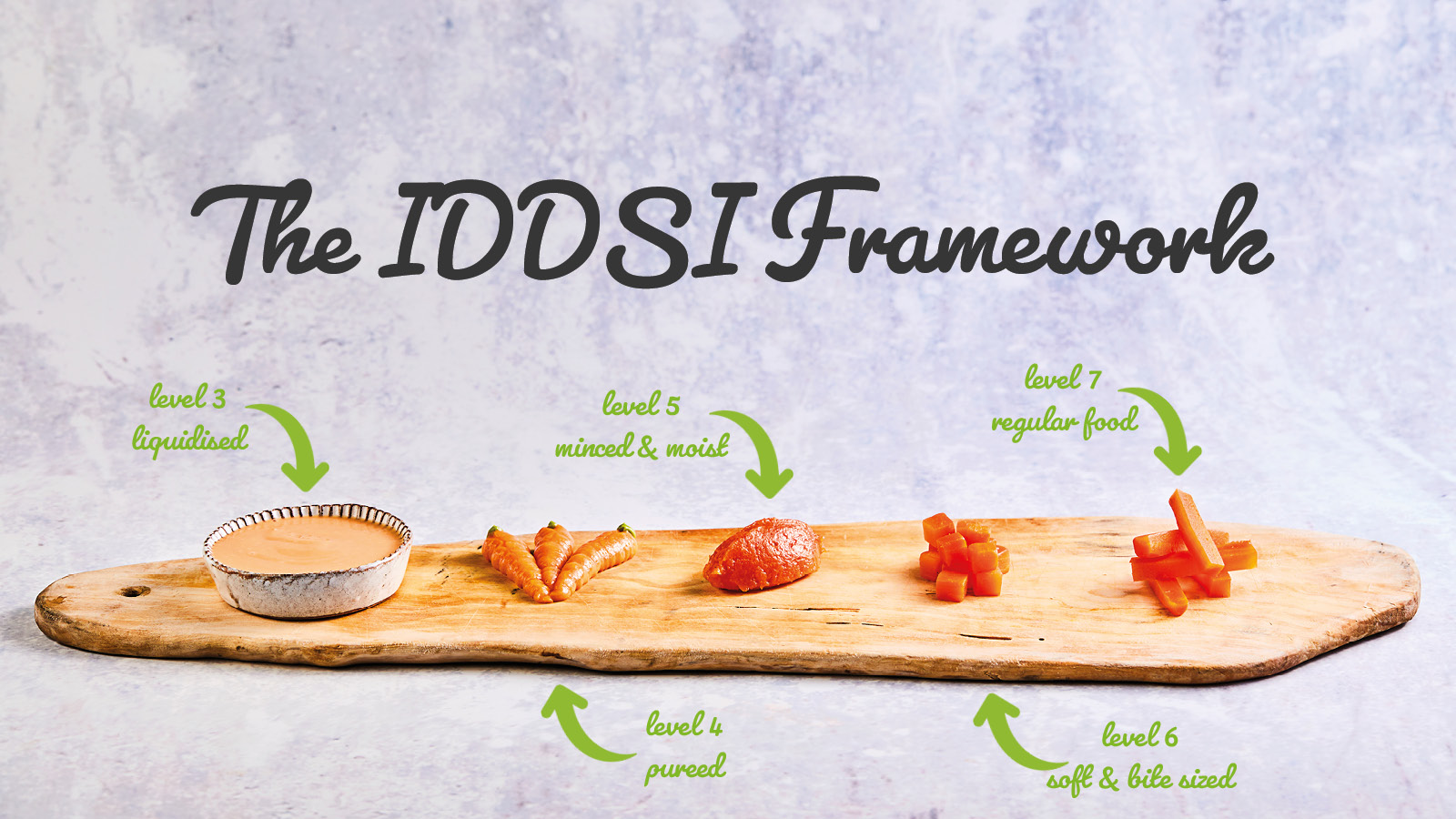
How to comply as a business with the Environment Act 2021
For all our friends in the foodservice industry who are unsure where to begin with reading, implementing, and complying with the Environment Act 2021, we’re here to help.
As a business that has already put systems in place to meet the new regulations, we understand how overwhelming it can be to navigate legal requirements. That’s why we’ve broken down what the Act means, why it matters, and how your business can stay ahead.
This guide is uniquely designed for cafés, bars, restaurants, hotels, care homes, schools and caterers, making compliance simple while showcasing businesses that are already leading the way in sustainability.
What is the Environment Act 2021
The Environment Act 2021 is a UK law designed to protect and improve the environment by setting new standards for:
- Air pollution and quality
- Waste and resource efficiency
- Water management and quality
- Nature and biodiversity conservation
- Regulation of chemicals
As we’ll cover in this article, foodservice businesses will be required to focus on food waste separation and proper disposal through licensed waste carriers.
Now, for your business to implement these changes effectively, it’s important to understand why the Act was introduced and what it means for the environment.
Why was the Environment Act 2021 introduced?
The Environment Act 2021 was introduced to strengthen the UK’s approach to environmental management following Brexit.
Previously, the UK followed EU environmental policies, but this Act establishes a national framework to ensure long-term sustainability, protect natural resources, and reduce pollution.
The Act is overseen by the Office for Environmental Protection (OEP), which keeps businesses, and even the government, accountable for their environmental commitments.
For hospitality businesses, it’s important to see it as an opportunity to reduce waste, cut costs, and attract environmentally conscious customers.
Who does the legislation impact?
The Environment Act 2021 affects multiple industries, but for those of us in foodservice, the biggest change is the mandatory separation of food waste from general waste.
If you work in a restaurant, hotel, pub, café, care home, school or catering service, this means:
- Reviewing your waste management processes
- Training staff on proper disposal methods
- Securing contracts with licensed waste carriers before the law takes effect
When does the Environment Act 2021 come into effect?
It comes into effect sooner than you might think. From the 31st of March 2025, businesses will be required to have all these systems in place. Failing to do so, will have legal consequences, which will affect your business.
If you want to stay ahead, we recommend starting by seeking expert consultations and implement food waste separation systems as soon as possible.
How to comply with the Environment Act 2021:
The key to compliance is proactive planning and implementation. Here’s our step-by-step guide for hospitality businesses wishing to achieve these new standards:
Step 1: Assessment and planning
Firstly, start by evaluating your current waste disposal process. This includes assessing how food waste is handled, stored, and removed from your premises.
To help businesses navigate this, Jackie Dickinson, Birchall Foodservice’s chosen environmental health consultant, provides specialised assessments. Her expertise ensures your business doesn’t just meet the minimum requirements but adopts best practices in food safety and sustainability.
Step 2: Implement proper waste separation
Once you’ve assessed your current processes, the next step is setting up an effective waste separation system. At Birchall Foodservice, we provide a comprehensive solution via Arrow Oils, including:
- Cooking oil recycling service, featuring:
- Free collection scheduled to your needs (weekly, fortnightly, or monthly)
- Secure storage bins for safe oil containment
- Professional processing, converting waste oil into biodiesel (which cuts carbon emissions by 78%)
- Drain blockage prevention through proper disposal
Step 3: Staff training and system integration
Even the best compliance strategies will fail without proper staff training. After your initial assessment, our health consultant will guide your team through:
- Food storage and preparation practices
- Cleaning protocols
- Temperature control
- Allergen management
- Cross-contamination prevention
- Efficient waste disposal methods
The more involved your employees are, the more likely they’ll be to embrace and maintain these sustainable practices.
Step 4: Partner with licensed waste carriers
Finally, to remain compliant, businesses must work with licensed waste carriers. These providers ensure responsible waste disposal by:
- Collecting and transporting food waste for recycling
- Converting waste into renewable energy or compost
- Preventing improper disposal that could lead to environmental fines
At Birchall Foodservice, we use Refood to collect and transport our food waste.
What are the risks if you do not comply?
Failing to comply with the Environment Act 2021 can result in serious consequences, including:
- Legal penalties: Businesses may face fines and enforcement actions for failing to meet waste management regulations.
- Health and safety risks: Poor waste disposal can lead to hygiene issues, pests, and contamination.
- Environmental damage: Improper disposal contributes to pollution and climate change.
- Reputation damage: Customers are increasingly choosing eco-conscious businesses; failing to comply can harm your brand.
The severity of penalties will depend on the size and type of your business. If you start preparing now, your clients and business won’t have to suffer the consequences.
Has the Environment Act 2021 been a success or failure?
Many hospitality businesses have embraced the change and are already seeing positive results. Here are two inspiring examples:
Nando’s “No Chuckin’ Our Chicken” Campaign
Nando’s has tackled food waste head-on with its “No Chuckin’ Our Chicken” campaign. By improving portion control, redistributing surplus food to charities, and using waste tracking technology, they significantly reduced food waste.
Too Good to Go: Fighting food waste across the UK
The Too Good to Go app is helping restaurants, cafés, and hotels combat food waste by connecting them with customers eager to purchase surplus meals at a discount.
It effectively prevents food from being wasted, helps businesses recover costs and positions them as sustainable leaders to consumers.
As you can see, these initiatives take a proactive approach towards the Environment Act 2021, turning compliance into a competitive advantage.
Summary of the Environment Act 2021
Here’s a quick recap of what we’ve covered:
- The Environment Act 2021 sets new waste management and sustainability standards.
- It comes into effect on March 31, 2025, giving businesses time to prepare.
- The Act requires foodservice businesses to separate food waste and use licensed waste carriers.
- Non-compliance can result in fines, health risks, and reputational damage.
- Early adopters are already benefiting from reduced waste costs and stronger customer trust.
Take action now
It’s tempting to leave things until the last minute, especially when you don’t have systems in place. That said, to avoid facing legal consequences, we encourage you to contact us at Birchall Foodservice today. Call us at 01282 429446.





